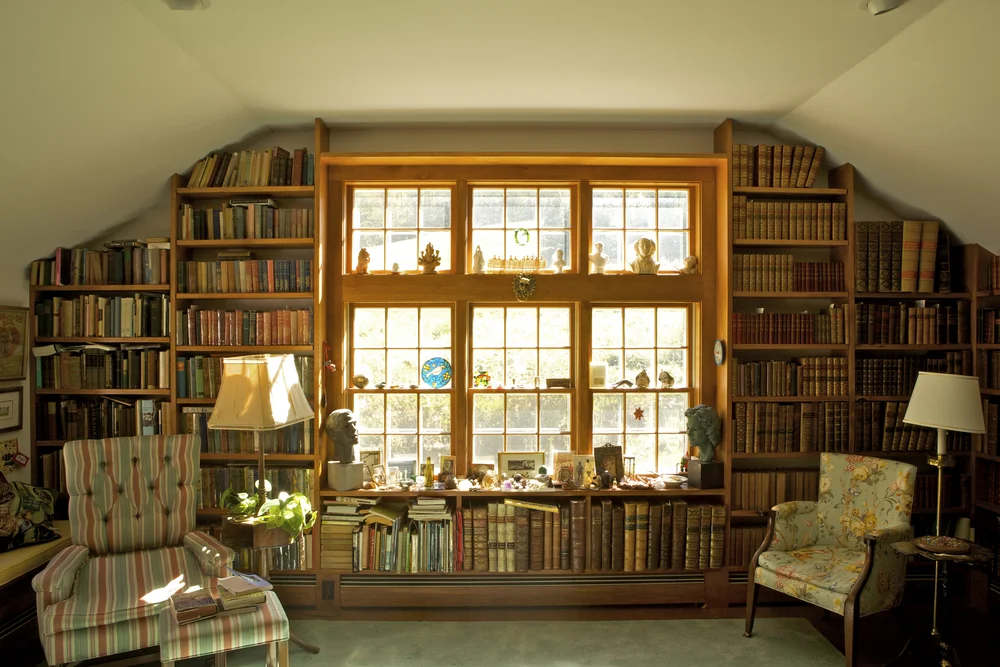"The people who walked in darkness have seen a great light."
IN ONE RESPECT if in no other this metaphor of Isaiah's is a very relevant one for us and our age because we are also, God knows, a people who walk in darkness. There seems little need to explain. If darkness is meant to suggest a world where nobody can see very well—either themselves, or each other, or where they are heading, or even where they are standing at the moment; if darkness is meant to convey a sense of uncertainty, of being lost, of being afraid; if darkness suggests conflict, conflict between races, between nations, between individuals each pretty much out for himself when you come right down to it; then we live in a world that knows much about darkness. Darkness is what our newspapers are about. Darkness is what most of our best contemporary literature is about. Darkness fills the skies over our own cities no less than over the cities of our enemies. And in our single lives, we know much about darkness too. If we are people who pray, darkness is apt to be a lot of what our prayers are about. If we are people who do not pray, it is apt to be darkness in one form or another that has stopped our mouths.
- Originally published in The Hungering Dark

